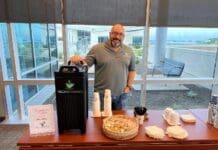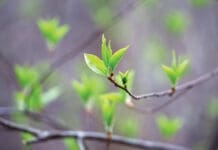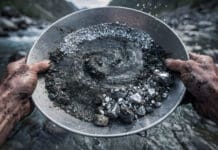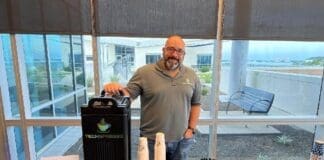 By Julie McConnell, UF/IFAS Extension
By Julie McConnell, UF/IFAS Extension
Nothing says spring in the south like blooming azaleas! Their colorful flowers are some of the first to make their appearance as winter starts to recede. In the right conditions, azaleas are low maintenance but can struggle greatly if used in the wrong place. Let’s look at Florida Friendly Landscaping Principle #1, Right Plant, Right Place as it pertains to azaleas!
Sunlight
Azaleas perform best in part sun conditions. They can tolerate limited direct sunlight, but the time of day is a factor. Shelter from mid-day and afternoon sun to avoid foliage burn, stunted growth, and reduce azalea lace bug and other insect infestations. Dappled sunlight or morning sun with afternoon shade is ideal to promote blooms but shield the plant from too much sun. Do not be fooled by plant labels recommending full sun – those tags are added to plants shipped all over the U.S. Sunlight is more intense in Florida!
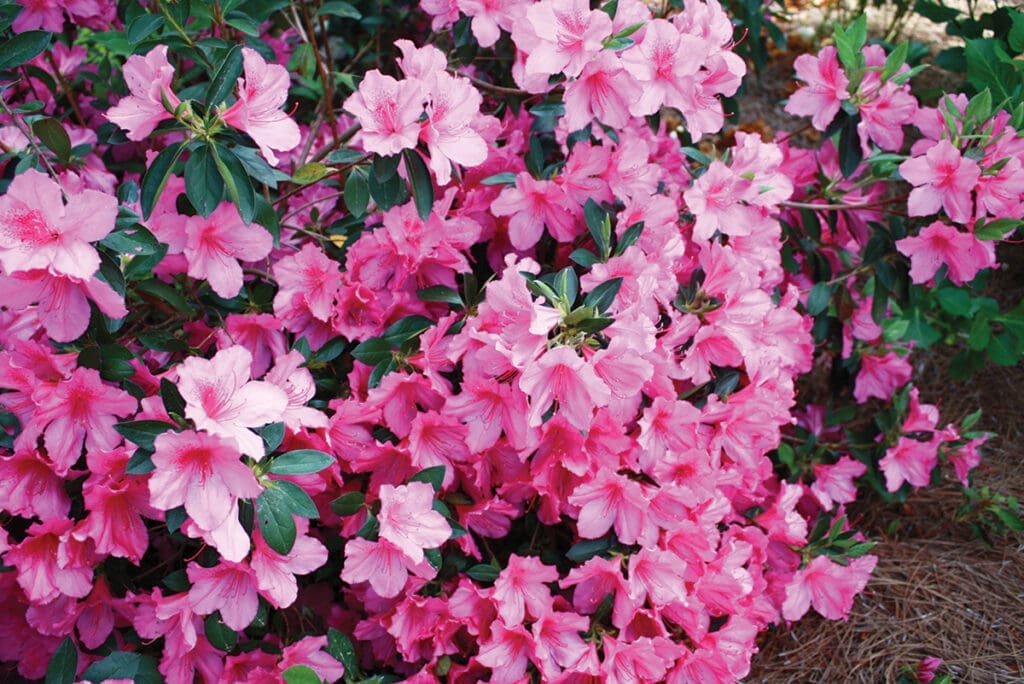 Water
Water
Azaleas are not terribly drought tolerant, but they are also sensitive to overwatering or saturated soils. Water regularly to get established for the first few months then only water when rainfall is scarce; a good rule of thumb is to apply ¾ – 1 inch of water every 10 days in the absence of rain.
Soil
Azaleas prefer acidic (pH 4.5 – 6.0) well-drained soils. Higher soil pH leads to nutrient deficiencies, notably iron, which causes leaves to turn yellow between the veins. Loamy soil with organic matter mimics natural growing conditions, so if planting in sandy soil incorporate compost into the entire bed before planting. If azaleas are already in your landscape use natural mulches such as pine straw or bark which will add some organic matter as they break down. Be sure to keep mulch away from stems and root systems, azaleas are very sensitive to being planted too deep (or buried in mulch!) so leave that rootzone clear.
To read more about growing azaleas in Florida, visit https://edis.ifas.ufl.edu/publication/MG019
An Equal Opportunity Institution. UF/IFAS Extension, University of Florida, Institute of Food and Agricultural Sciences, Andra Johnson, Dean. Single copies of UF/IFAS Extension publications (excluding 4-H and youth publications) are available free to Florida residents from county UF/IFAS Extension offices.

